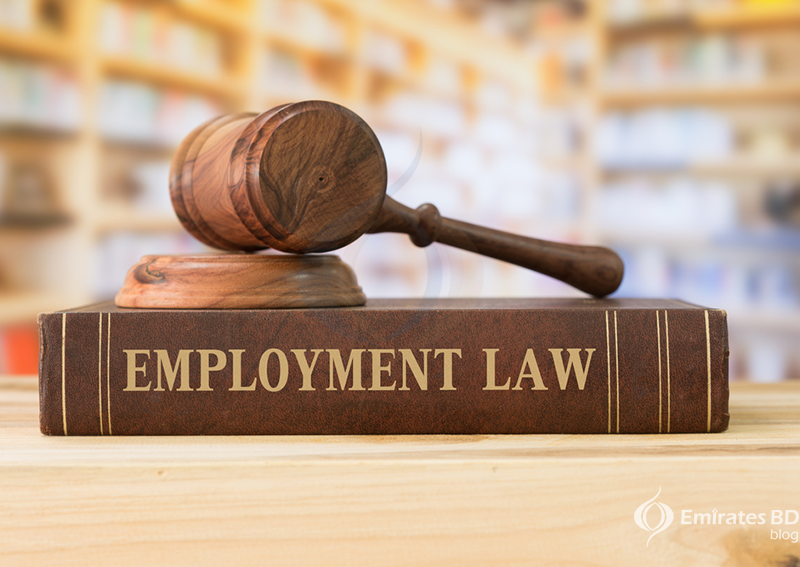Businesses in the UAE have all types of opportunities to exploit. The country is full of new opportunities for entrepreneurs and businessmen. With business opportunities in UAE come responsibilities and as a business owner, you have to certain obligations towards your employees that include responsibilities related to working hours, safety, and meeting their end of service requirements. The UAE has a long list of laws related to employees. It is important that you understand and implement what UAE labour laws demand from you, in order to take advantage of business opportunities in UAE.
Labor laws of the UAE
Employment laws in mainland govern working hours, holidays, sick leave, maternity leave, health and safety, termination of employment and end of service payments, among many other things.
Responsibility for Health and safety
The government is working to establish a standardized approach in order to establish guidelines for all organizations that operate in the country.
It is highly important that you know what the law expects from you. You will have to make your own way towards compliance with the relevant laws because the authorities will hold you responsible for violations of labour laws, be it related to health or safety.
Employers only in Abu Dhabi and Dubai are required to provide medical insurance for the employees. In Dubai, only companies with fewer than 100 employees and their dependents are covered. In Abu Dhabi, employers must provide health insurance coverage to all their employees and to their dependents.
Working hours and holidays
The UAE Labour Law has set normal working hours for the private sector as eight hours per day or 48 hours per week. The working hours are reduced by two hours per day during the month of Ramadan.
You have the authority to reduce the working hours but the basic hours can only be increased to nine hours for businesses, hotels, and cafes. These entities will have to take approval from the Ministry of Human Resources and Emiratisation for the increased work hour. In industries that are physically demanding, only seven working hours are allowed for companies by the government.
The Wages Protection System
The system is designed to protect the rights of workers and create trust between companies and their employees. The system makes sure that every employee is paid in full and on time for the work he or she does. If companies don’t follow the regulations, their account with the Ministry of Labour will be suspended, which means that the company will not be able to hire staff or issue visas.
End-of-service benefits
These benefits entitle employees who complete at least one year of continuous service to severance pay, 21 days for each of the first five years, plus 30 days for each year thereafter.







